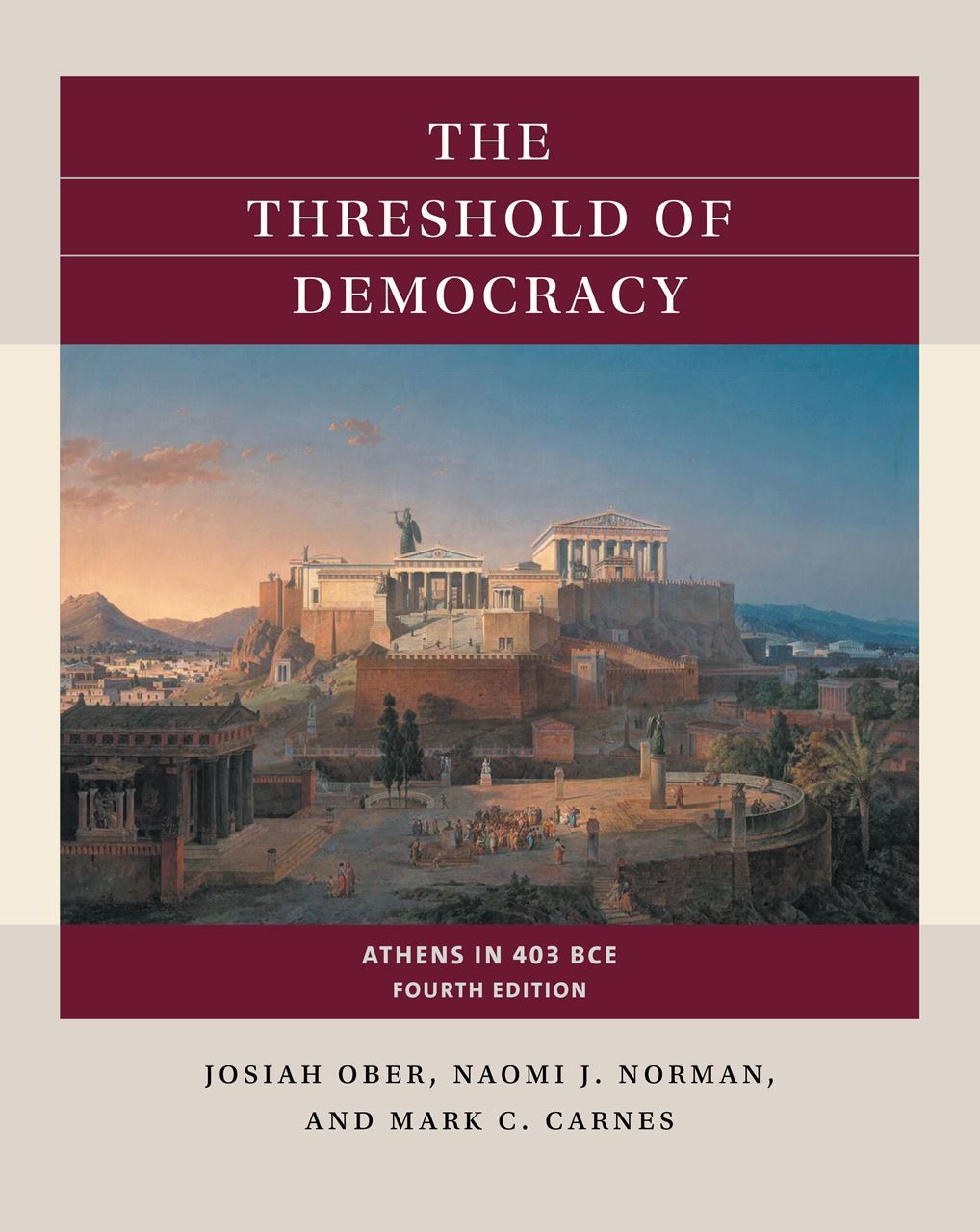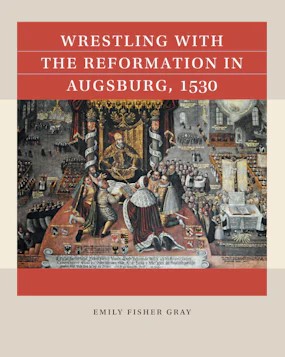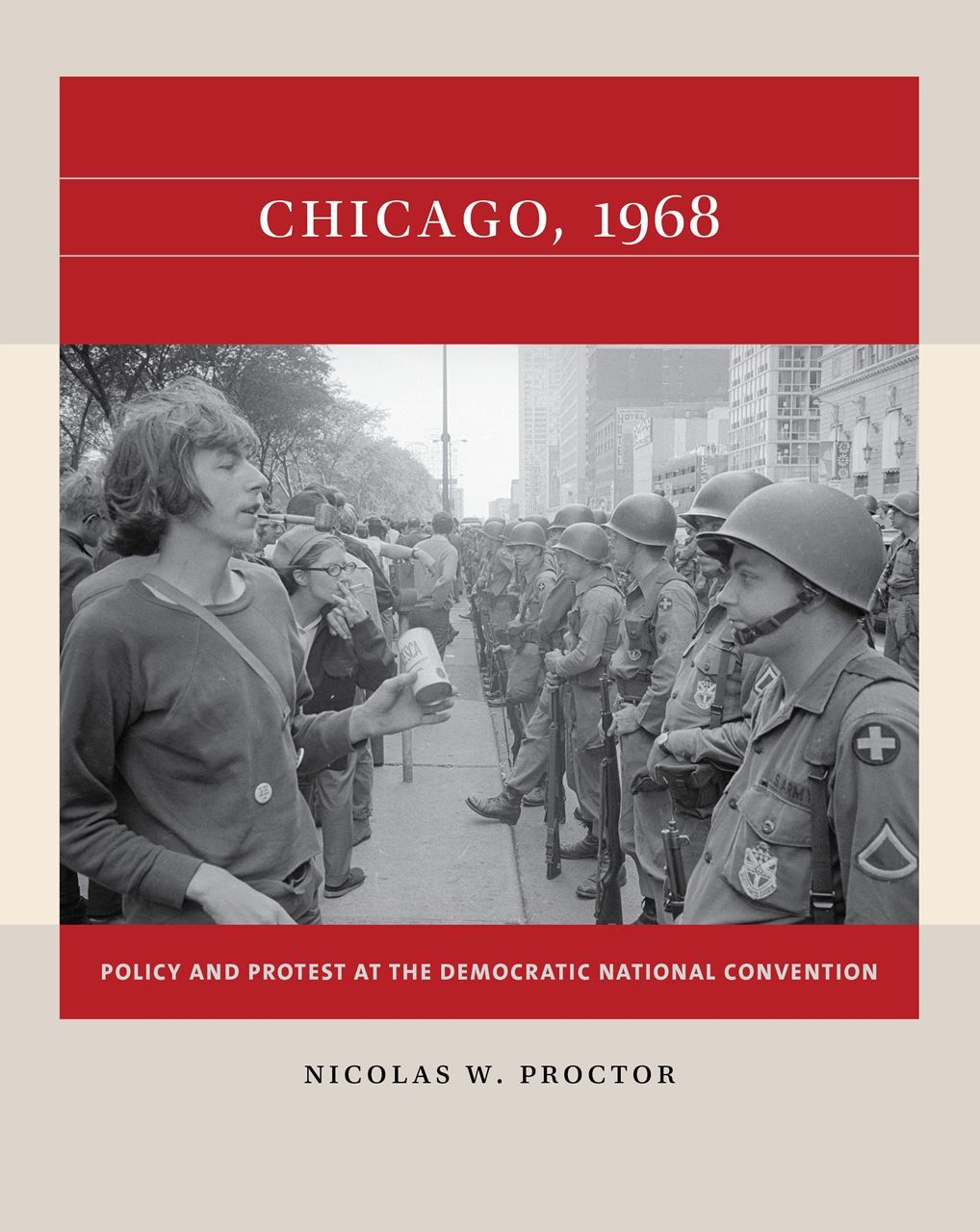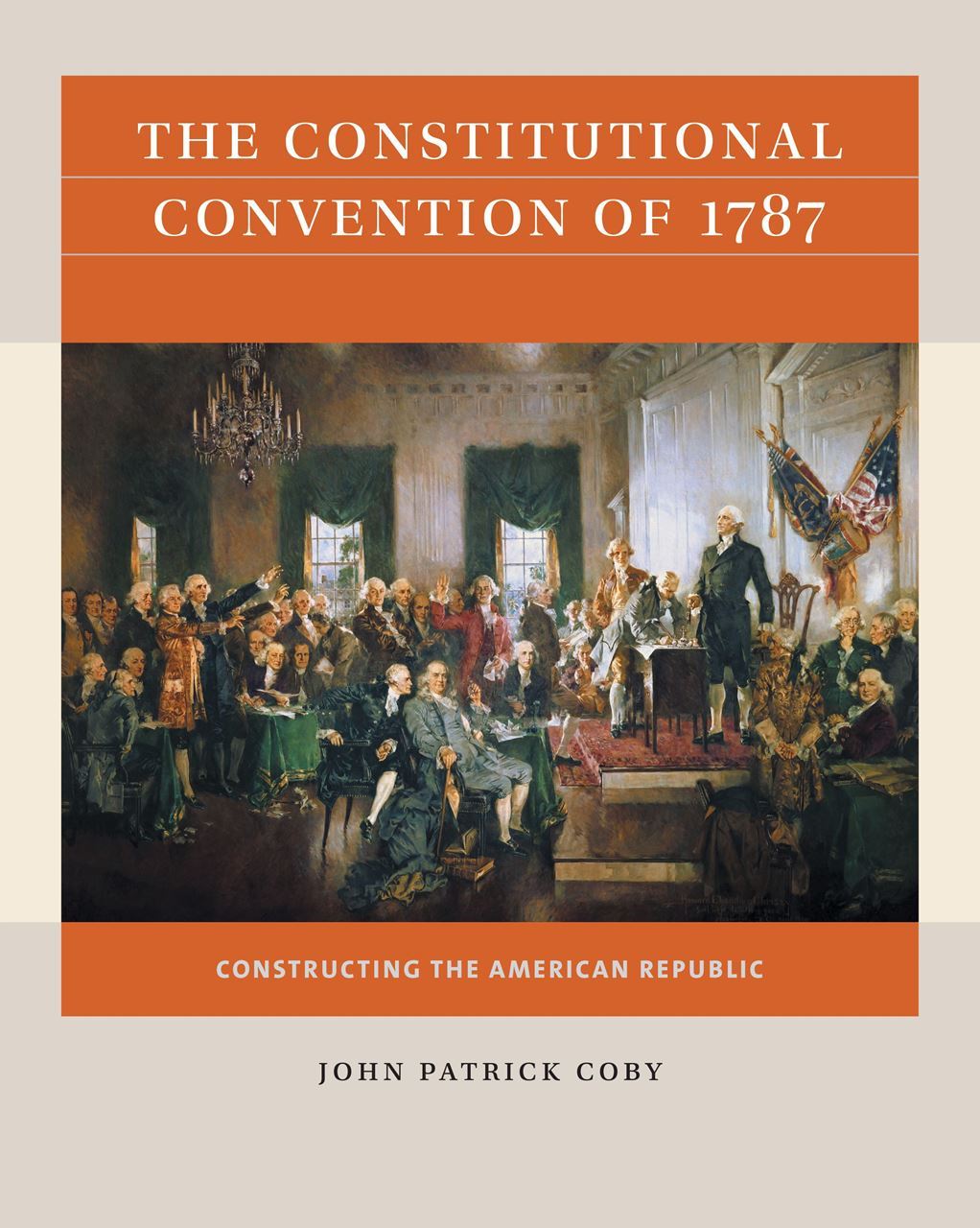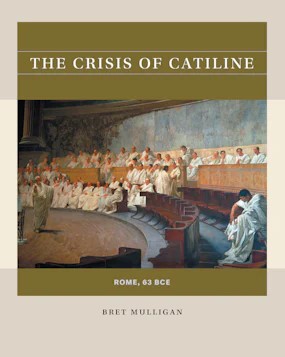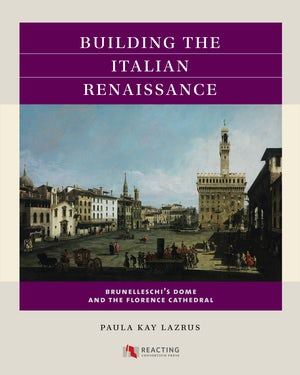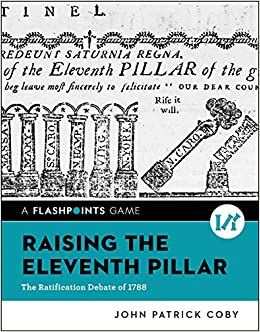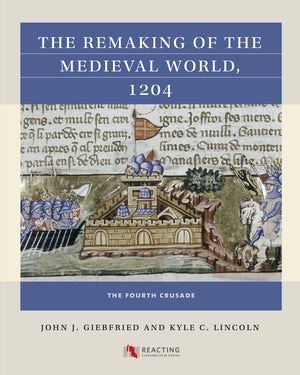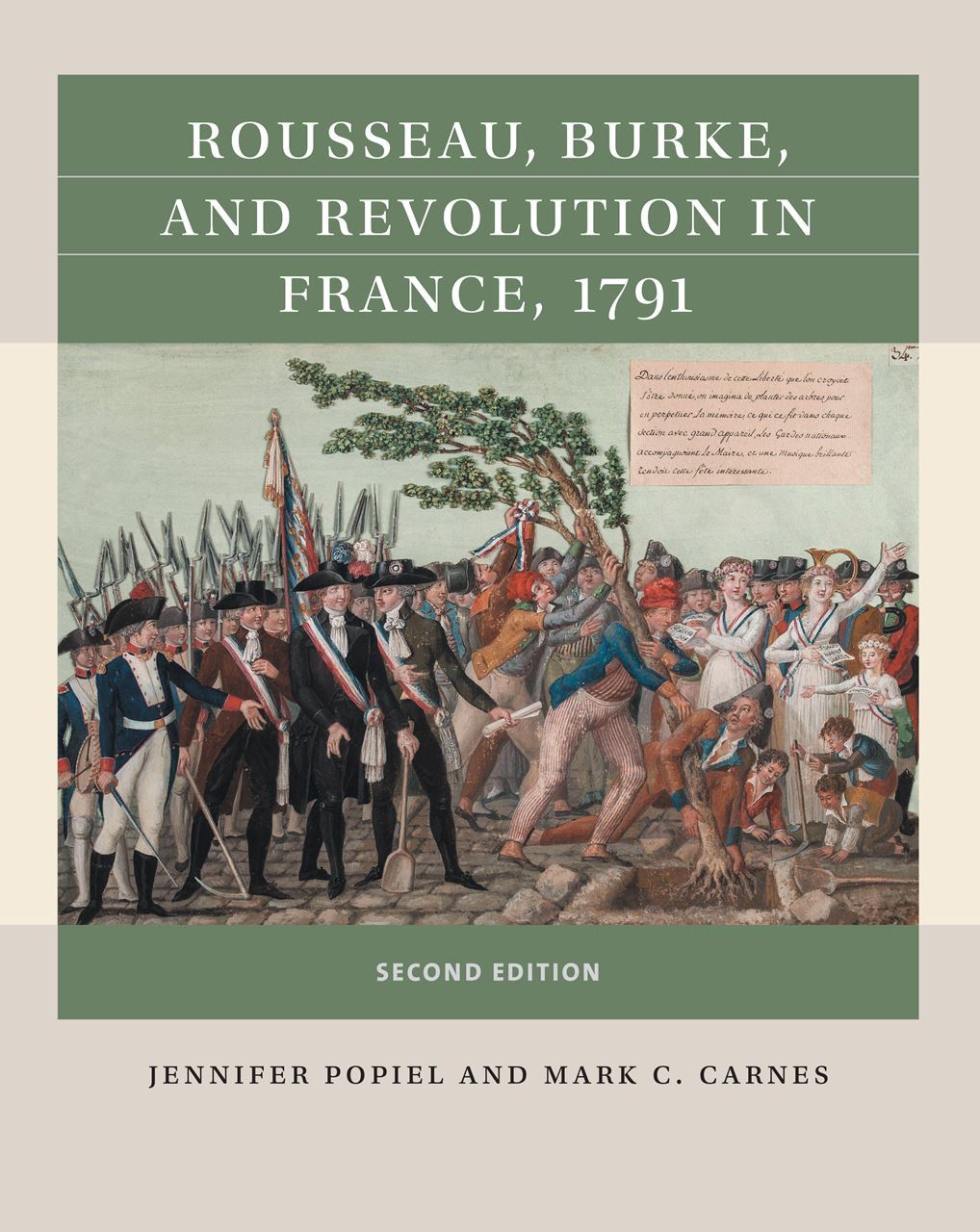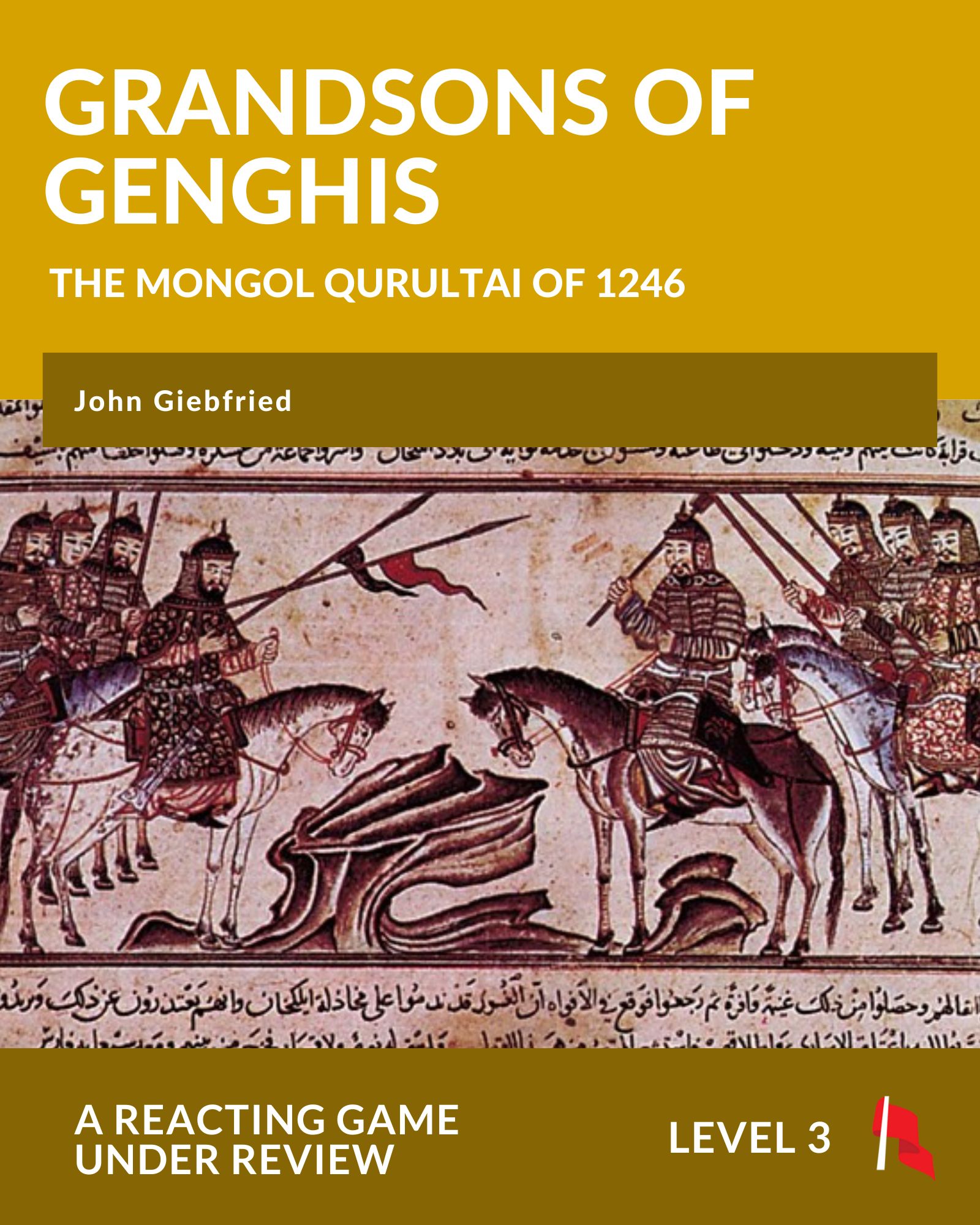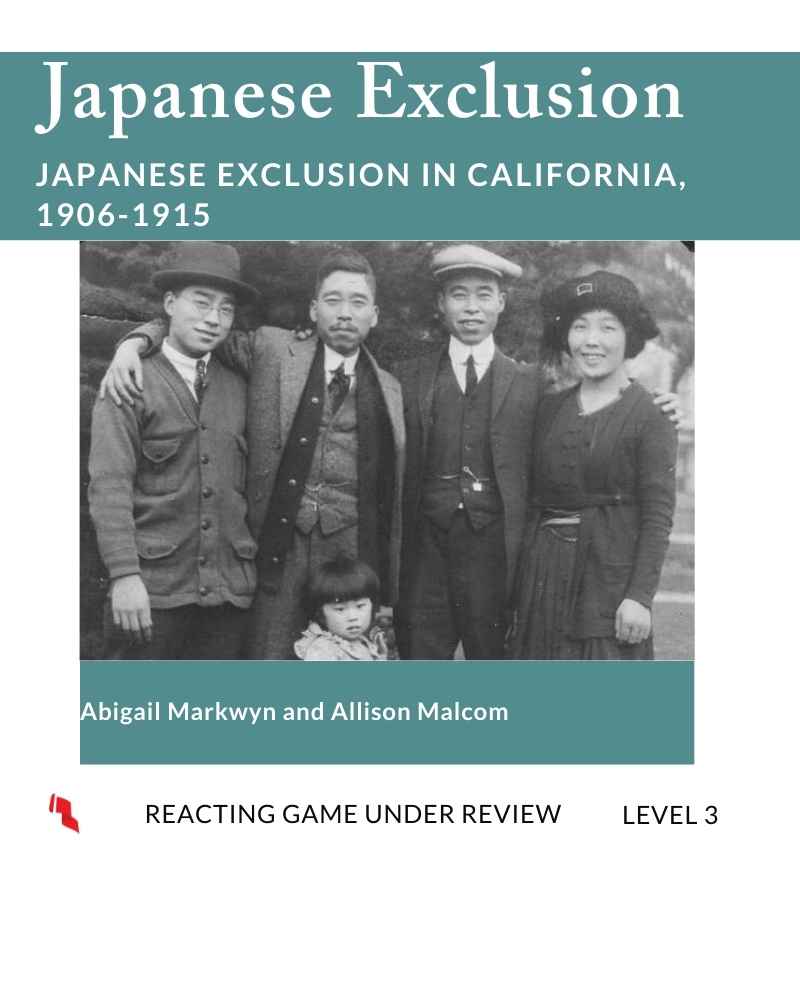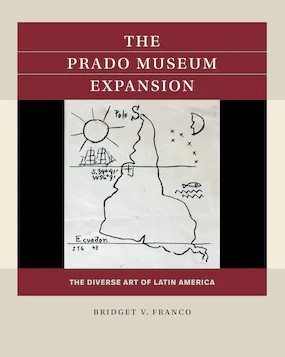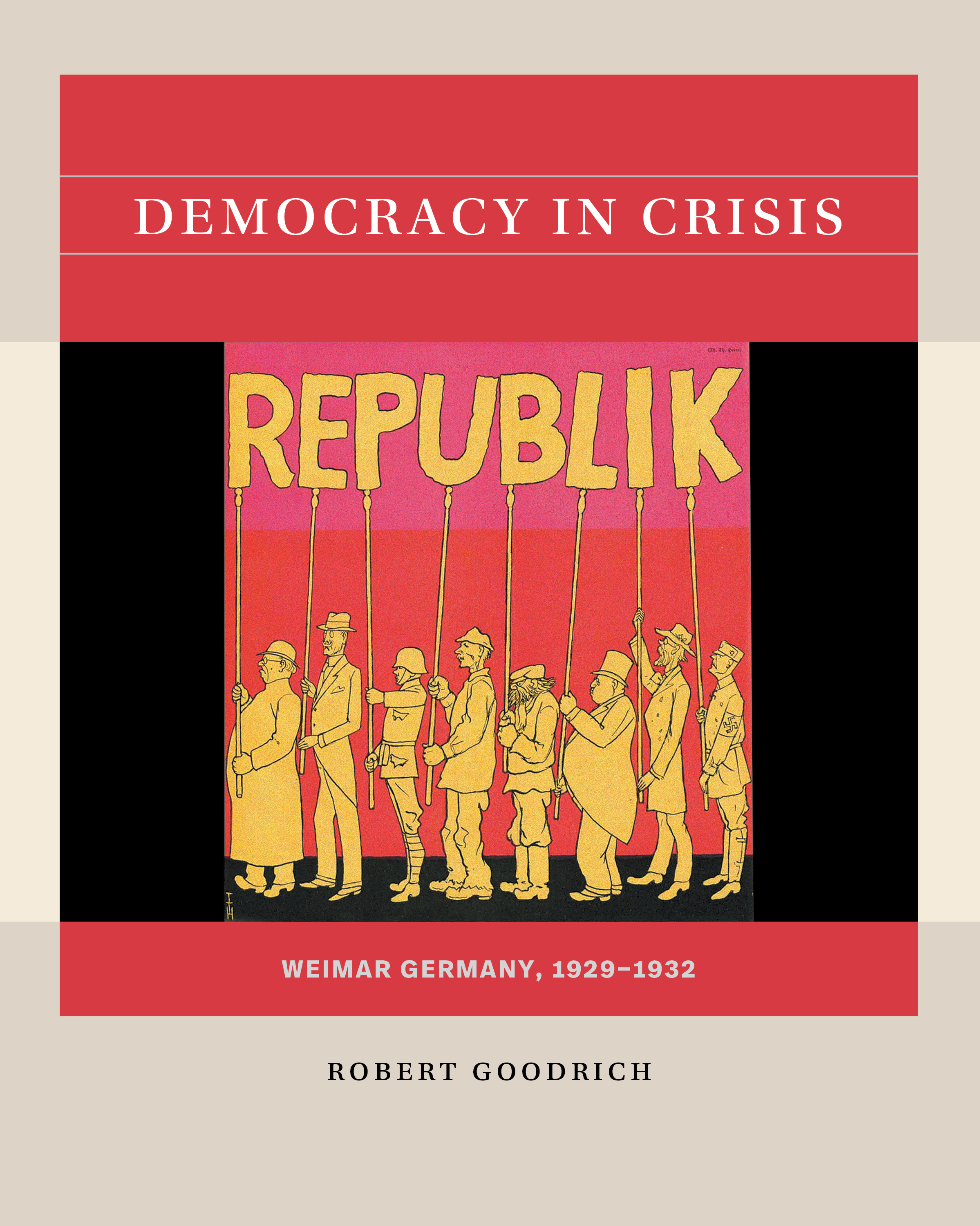|
Acid Rain in Europe, 1979-1989 Acid Rain in Europe covers the negotiation of the Long-Range Transport Pollution treaty. This was the first ever international pollution control treaty and remains at the forefront of addressing European pollution. 4-10 Sessions 11-40 Students 20th Century Europe Published Game (What's this Mean?) (STEM) |
The Threshold of Democracy: Athens in 403 B.C.E. In the wake of Athenian military defeat and rebellion, advocates of democracy have reopened the Assembly; but stability remains elusive. As members of the Assembly, players must contend with divisive issues like citizenship, elections, remilitarization, and dissent. 7-15 Sessions 11-50 Students 5th Century BCE Europe Published Game (What's this Mean?) |
Wrestling with the Reformation: Augsburg, 1530 As a member of the City Council of Augsburg in 1530, you will have to balance the competing demands of the citizens and the Emperor, while considering the implications of various Reformed positions for the city’s military defense, economic growth, and spiritual purity. 7-8 Sessions 12-40 Students 16th Century Europe Published Game (What's this Mean?) |
Democrats gather at their National Convention in Chicago to debate a platform for a deeply divided party. Factions are split over issues such as civil rights, infrastructure, and the war on poverty—not to mention the war in Vietnam. 5-7 Sessions 14-61 Students 21st Century North America Published Game (What's this Mean?) |
The Constitutional Convention of 1787: Constructing the American Republic Brings to life the debates that most profoundly shaped American government. As representatives to the convention, students must investigate the ideological arguments behind possible structures for a new government and create a new constitution. 8-15 Sessions 12-40 Students 18th Century North America Published Game (What's this Mean?) |
Constantine and the Council of Nicaea: Defining Orthodoxy and Heresy in Christianity, 325 C.E. Plunges students into the theological debates confronting early Christian church leaders. Emperor Constantine has sanctioned Christianity as a legitimate religion within the Roman Empire but discovers that Christians do not agree on fundamental aspects of their beliefs. 7-10 Sessions 7-40+ Students 4th Century SW Asia, Europe Published Game (What's this Mean?) |
Constantine and the Council of Nicaea: Defining Orthodoxy and Heresy in Christianity, 325 C.E. Second Edition Students immerse themselves in the theological debates that defined the challenges and disagreements within the church leadership, addressing fundamental aspects of Christian beliefs. Can the bishops assembled at the council resolve these issues, or will the church face division or dissolution? The outcome of this conference holds the power to shape the trajectory of Christianity for centuries to come. 7-10 Sessions 7-40+ Students 4th Century SW Asia, Europe Published Game (What's this Mean?) |
The Crisis of Catiline: Rome, 63 BCE Rome, 63 BCE: a tumultuous year of urban and rural unrest, economic instability, sensational trials, and electoral misconduct. Rumors that Lucius Sergius Catiline is plotting to violently seize control have created a frenzy. You are a Roman senator. Can you save the Republic…and yourself? 2-8 Sessions 8-41 Students 1st Century BCE Europe Published Game (What's this Mean?) |
Building the Italian Renaissance: Brunelleschi's Dome and the Florence Cathedral Focuses on the competition to select a team to execute the final architectural challenge of the cathedral of Santa Maria del Fiore--the erection of its dome. The competition at the heart of this game plays out against the background of new ideas about citizenship, aesthetics, history, and new technology. 4-5 Sessions 12-40 Students 15th Century Europe Published Game (What's this Mean?) |
"Engines of Mischief": Technology, Rebellion, and the Industrial Revolution in England, 1817-1818 Players are faced with different choices about how to live and prosper at the dawn of the Industrial Revolution. Do you resist or embrace this new technology? Players must use new economic theories, parliamentary commissions, and news reports to debate the pros and cons of factories, the role of the government in the economy, taxation, workers’ unions, and the extension of political rights down the social order. 5-13 Sessions 10-28 Students 20th Century North America Published Game (What's this Mean? |
Raising the Eleventh Pilar: The Ratification Debate of 1788 Students sit as delegates to the New York State Ratifying Convention. Eight states have ratified to date, but a ninth is needed to give effect to the Constitution. The central issue of the game is democratic representation and the debate between the federalists and Antifederalists. 3 Sessions 7-100+ Students 18th Century North America Flashpoints (What's this Mean?) |
The Remaking of the Medieval World, 1204: The Fourth Crusade Allows students to understand and experience one of the greatest medieval atrocities: the sack of the Constantinople by a crusader army, and the subsequent reshaping of the Byzantine Empire. Balances secular and theological issues at the core of the East-West Schism. 6-12 Sessions 12-52 Students 13th Century Europe, SW Asia Published Game (What's this Mean?) |
Rousseau, Burke, and Revolution in France, 1791 Plunges students into the intellectual and political currents that surged through revolutionary Paris in the summer of 1791. Members of the National Assembly gather to craft a constitution for a new France while wrestling with the threat of foreign invasion, power struggles, liberty, and citizenship. 8-14 Sessions 12-41 Students 18th Century Europe Published Game (What's this Mean?) |
The Mongol Qurultai of 1246 This game brings together the rival members of the Mongol royal family and representatives from across Eurasia to debate the legacy of Genghis Khan, appoint a successor to the Mongol throne, promote interreligious dialogue between Islam, Buddhism and Christianity, and plot where the vast Mongol Empire should expand next. 3-6 Sessions 15-40 Students 13th Century Asia, Europe Level 3 Game (What's this Mean?) |
Japanese Exclusion in California, 1906-1915 In the wake of the 1906 earthquake, a progressively-minded San Francisco School Board votes to remove Japanese schoolchildren from their regular schools in order to send them to the segregated “Oriental School” in Chinatown. This event occurs against a backdrop of violent attacks on Japanese people in California. 6-12 Sessions 10-42 Students 20th Century North America Level 3 Game (What's this Mean?) |
The Prado Museum's Expansion: The Diverse Art of Latin America With an eye to diversifying its predominantly national Spanish-centered collection, the Prado Museum decides to curate a new gallery of Latin American paintings from the 20th and early 21st century. Artists and art dealers from Argentina, Brazil, Chile, Colombia, Costa Rica, Cuba, Ecuador, Mexico, Peru, Puerto Rico, and Uruguay have arrived in Madrid to advocate for their paintings' stylistic and historical importance. 8-9 Sessions 10-28 Students 21st Century Latin and South America Published Game (What's this Mean?) |
Changing the Game: Title IX, Gender, and College Athletics A debate over the role of athletics quickly expands to encompass demands that women’s sports and athletes receive more resources and opportunities. The result is a firestorm of controversy on and off campus. Students wrestle with questions of gender parity and the place of athletics in higher education. 7-10 Sessions 10-40+ Students 20th Century North America Published Game (What's this Mean?) |
Democracy in Crisis, Weimar Germany, 1929-1932 Liberalism, nationalism, conservatism, social democracy, Christian democracy, communism, fascism, and every variant of these movements contend for power in Germany. As delegates of the Reichstag, players must contend with street fights, trade union strikes, assassinations, and insurrections, along with intense parliamentary wrangling. 8-12 Sessions 8-60+ Students 20th Century Europe Published Game (What's this Mean?) |


